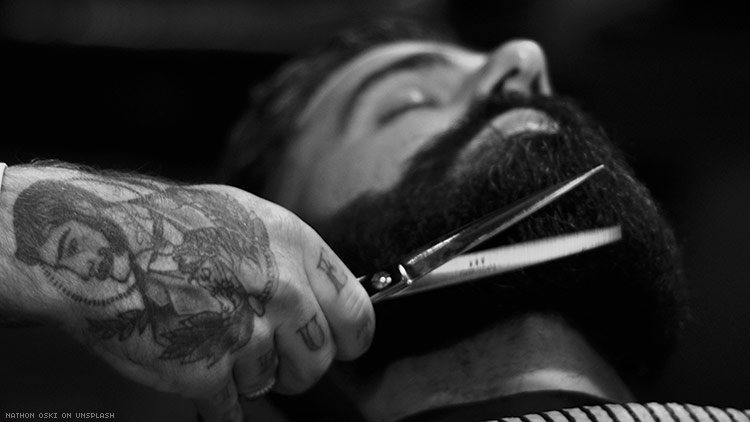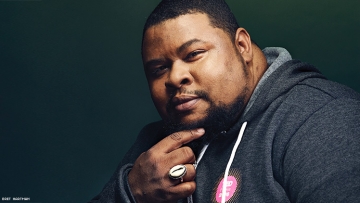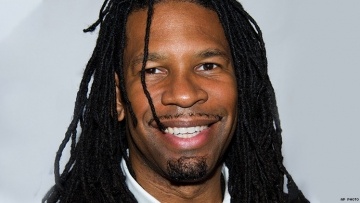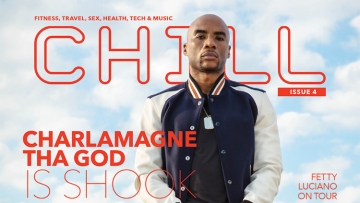Barbers do much more than give a nice chop and fade. The experience of going to the barbershop brings communities together — and it’s got incredible health benefits too, according to a recent study in the New England Journal of Medicine.
Researchers recruited barbers and pharmacists to perform “interventional therapy,” and Black men saw a drop in their blood pressure — just by showing up at the barbershop. That’s excellent news, especially since Black folks are more likely to develop high blood pressure (and at an earlier age) than others.
In fact, the Centers for Disease Control and Prevention show that 43 percent of Black men deal with high blood pressure, second only to Black women, of whom 45.7 percent have high blood pressure. Blood pressure causes nearly 1,000 American deaths every day. It’s time to start paying attention.
The study’s 319 Black male participants lived in the Los Angeles area, were between the ages of 35 and 79, and had systolic blood pressure readings over 140 mmHg (below 130 is considered normal, according to recent guidelines).
One group of participants received interventional therapy by both their barber and a pharmacist, who made monthly visits to the shop. The pharmacist provided information on heart health during their visits. The other group only received care from their barber without the presence of a pharmacist.
Nearly two-thirds of guys in the first group saw their blood pressure drop to a healthy number after six months, while fewer (11.7 percent) in the second group saw a similar decrease during the same time period. “When we provide convenient and rigorous medical care to African-American men by coming to them — in this case having pharmacists deliver that care in barbershops — blood pressure can be controlled and lives can be saved,” the study’s lead author, Ronald G. Victor, told Science Daily.
Eric Muhammad, owner of A New You Barbershop in Inglewood, Calif., added that heart problems are a “silent killer, and [have] cost the lives and health of a lot of good men. It’s a no-brainer that Black men are at the highest risk of high blood pressure. What’s different about this study is it looks at ways to effectively bring it down with the help of your friends, family, and support group.”
C. Adair Blyler, one of the pharmacists involved in the study, said, “There is a different level of trust and respect that’s earned when you meet people where they are, instead of in a hospital or clinic. The rapport I’ve been able to establish with this group of patients has been unlike any other I’ve had in my professional career.”
That kind of rapport could be essential in successfully combatting hypertension because treating the chronic condition usually involves regular care — and for individuals to alter their lifestyles. The researchers have begun a second phase of the study to determine if these kinds of benefits last and can be sustained for six months after the intervention. They also hope to expand the study to reach additional parts of the country. Who wants a cut?















READER COMMENTS (